UK PM Boris hails big step forward with COP26 deal
Mon 15 Nov 2021, 13:28:54
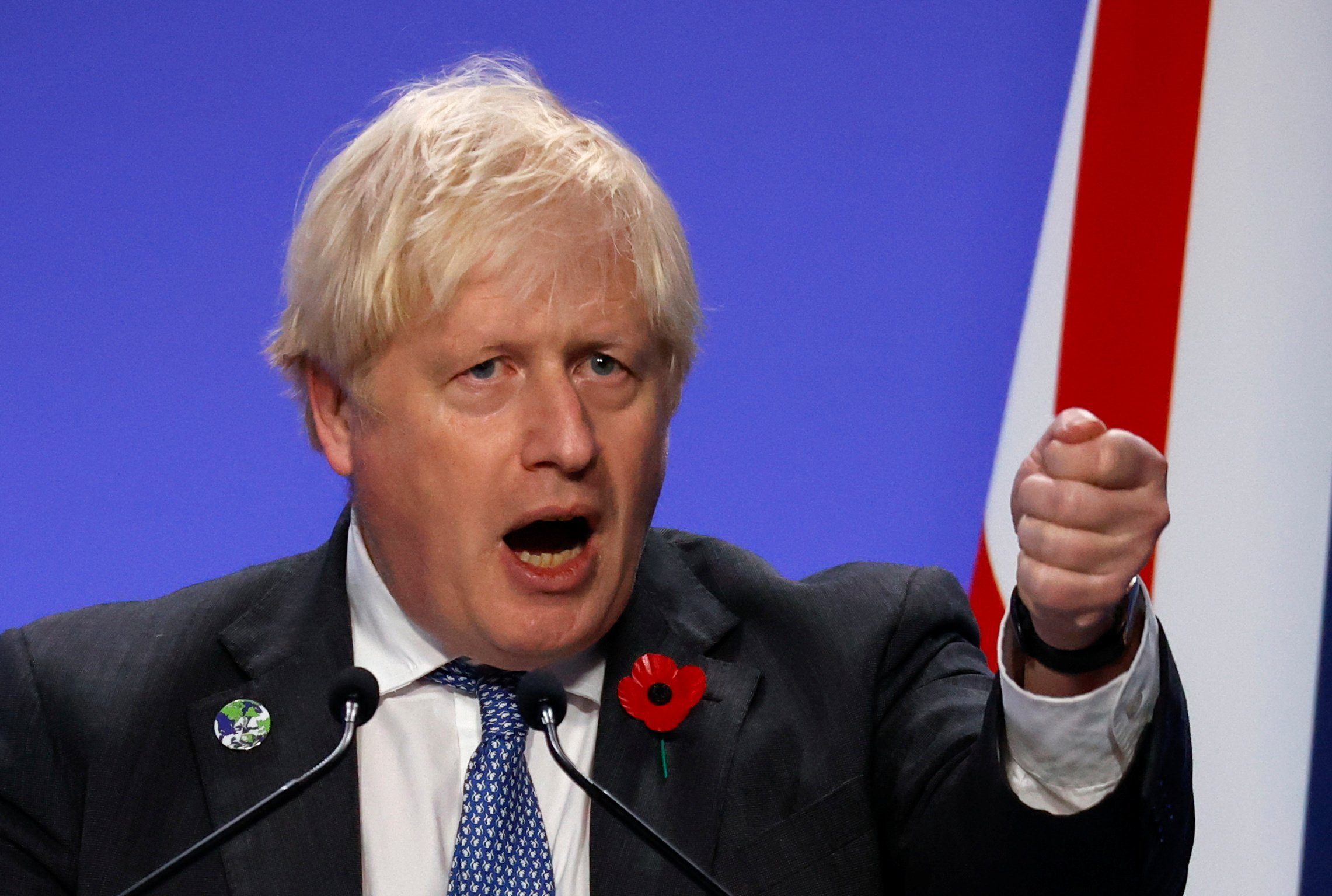
London: British Prime Minister Boris Johnson has hailed the deal struck at the end of the COP26 climate summit in Glasgow as a “big step forward” and the first-ever international agreement to “phase down” the use of coal.
Praising the hard work of COP26 President Alok Sharma — the British Indian Cabinet minister in charge of navigating the negotiations — Johnson expressed the hope that the two-week-long summit which went into extra time over the weekend will mark the “beginning of the end of climate change”.
His statement followed an agreement between nearly 200 countries on a final communique late on Saturday, which recognises India’s intervention for the world to “phase down” rather than “phase out” fossil fuels.
“There is still a huge amount more to do in the coming years. But today’s agreement is a big step forward and, critically, we have the first ever international agreement to phase down coal and a roadmap to limit global warming to 1.5 degrees [Celsius],” said Johnson.
“I hope that we will look back on COP26 in Glasgow as the beginning of the end of climate change, and I will continue to work tirelessly towards that goal,” he
said.
said.
According to the impact analysis of the agreement, the central summit goal of limiting global warming to 1.5C has been kept in reach — provided countries continue to take ambitious action over the next decade.
Over the last two weeks, tens of thousands of people from 197 countries came together in Scotland for the talks which culminated in the ‘Glasgow Climate Pact’. It commits countries to phase down unabated use of coal, supports a just transition for developing countries and action to tackle loss and damage, and agrees a common timeframe and methodology for national commitments on emissions reductions.
India, represented by Minister for Environment, Forest and Climate Change Bhupender Yadav, made a crucial intervention to insist on fairness and balance in the final communique.
“Developing countries have a right to their fair share of the global carbon budget and are entitled to the responsible use of fossil fuels within this scope. In such a situation, how can anyone expect that developing countries can make promises about phasing out coal and fossil fuel subsidies (when) developing countries have still to deal with their development agendas and poverty eradication,” questioned Yadav.
No Comments For This Post, Be first to write a Comment.
Most viewed from International
Most viewed from World
AIMIM News
Latest Urdu News
Most Viewed
May 26, 2020
Do you think Canada-India relations will improve under New PM Mark Carney?
Latest Videos View All
Like Us
Home
About Us
Advertise With Us
All Polls
Epaper Archives
Privacy Policy
Contact Us
Download Etemaad App
© 2025 Etemaad Daily News, All Rights Reserved.


.jpg)


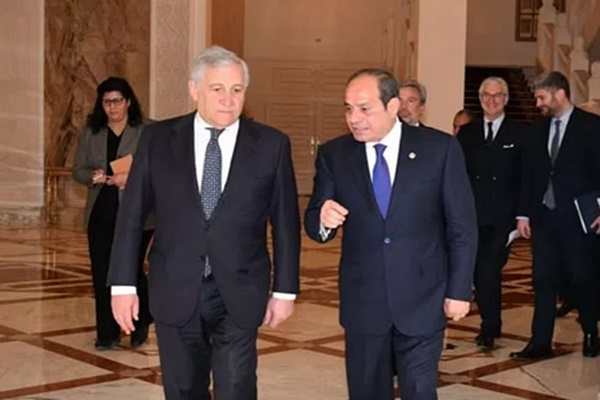
.jpg)
.jpg)
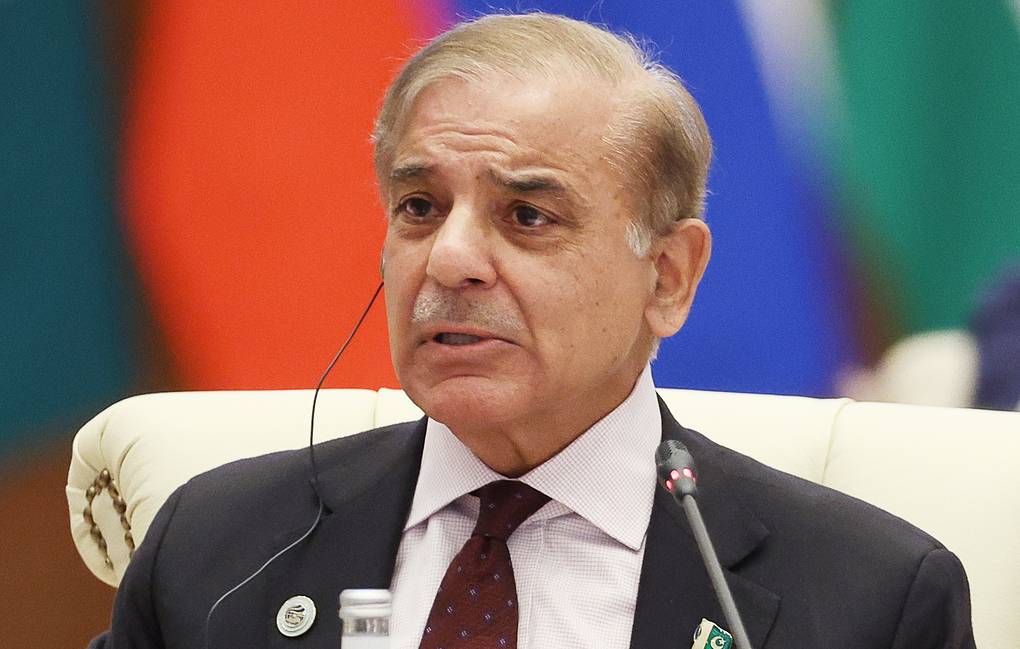

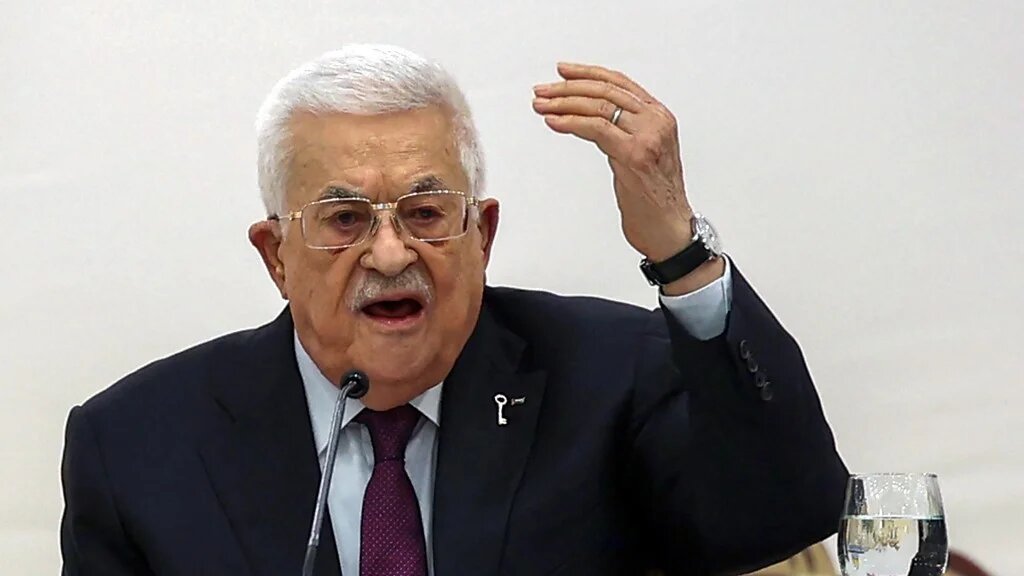
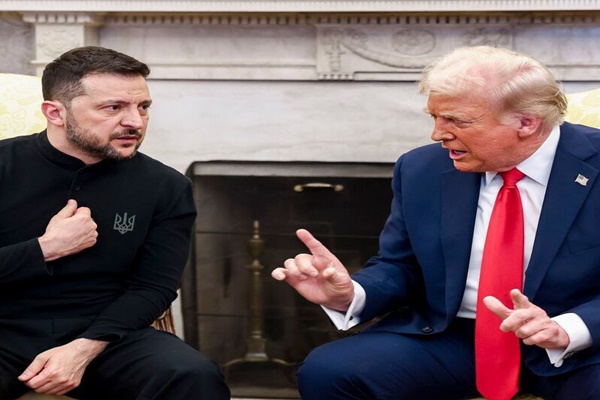
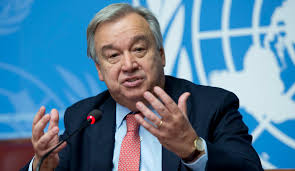
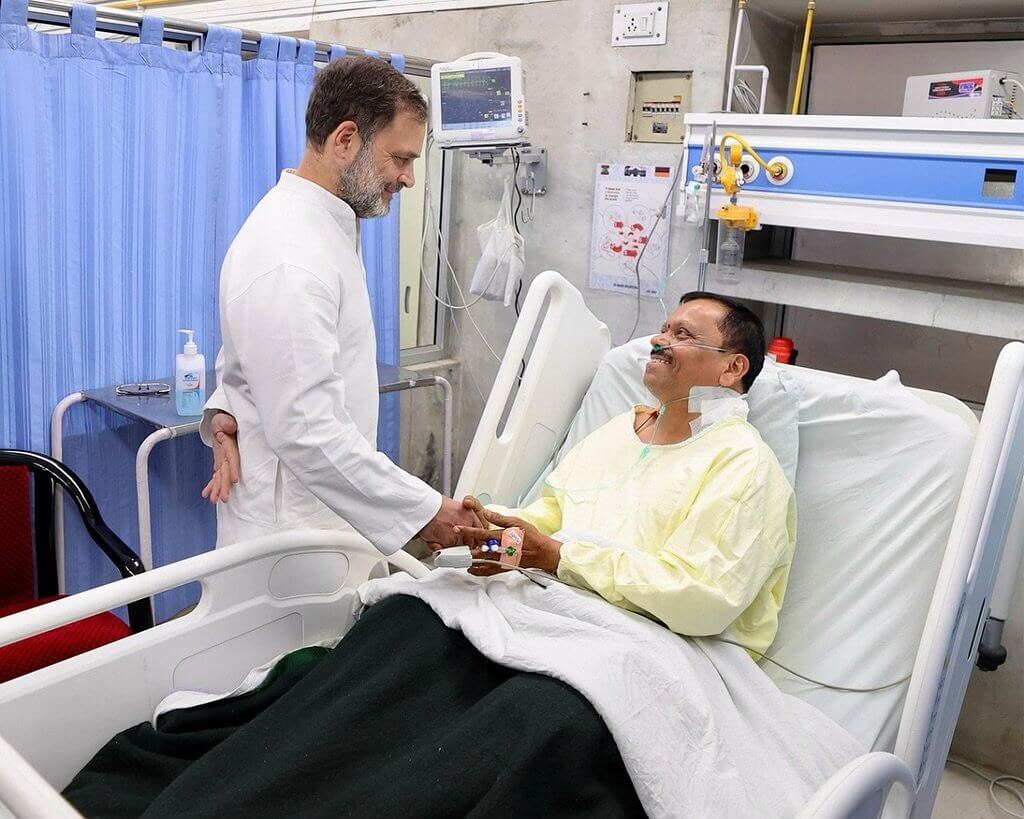
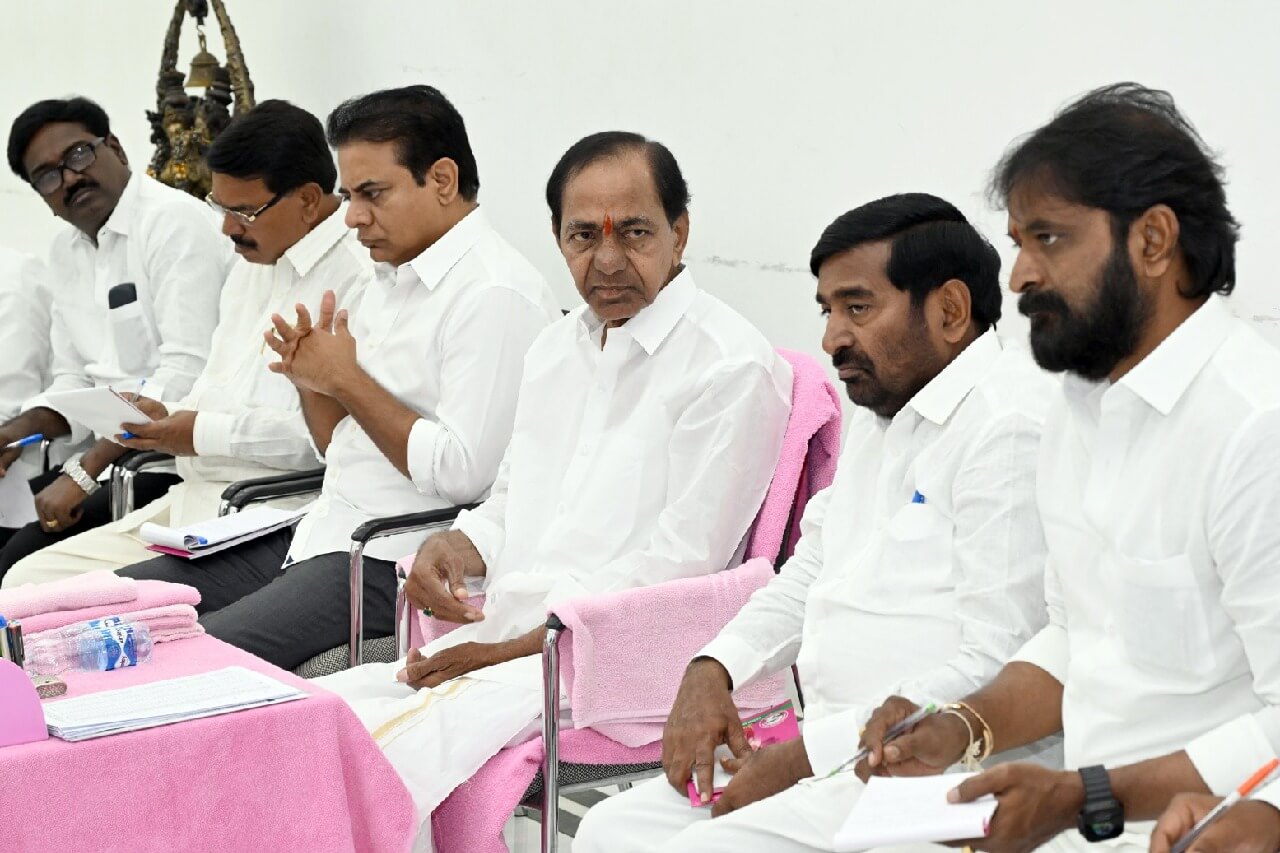
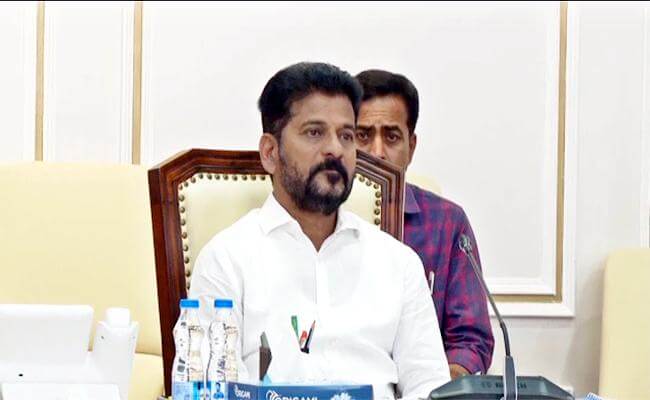
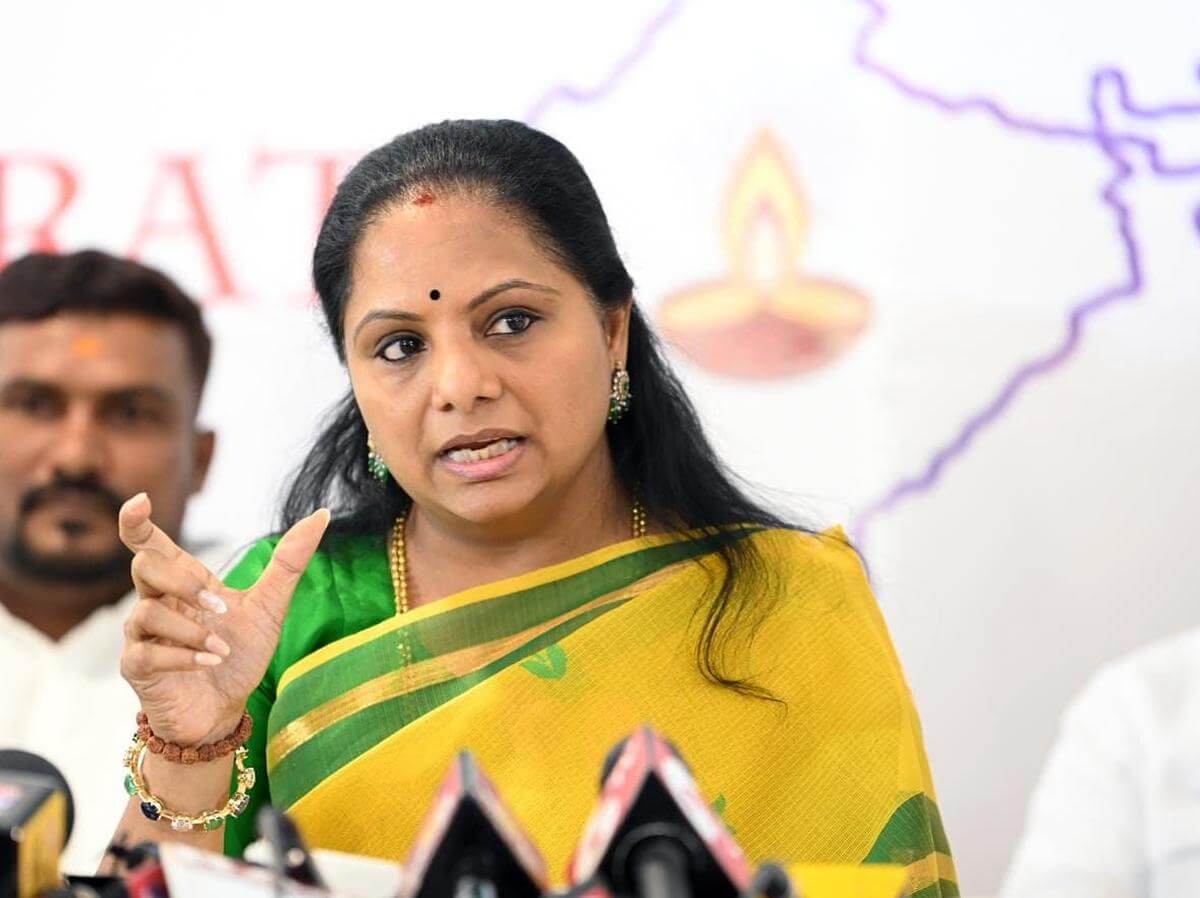
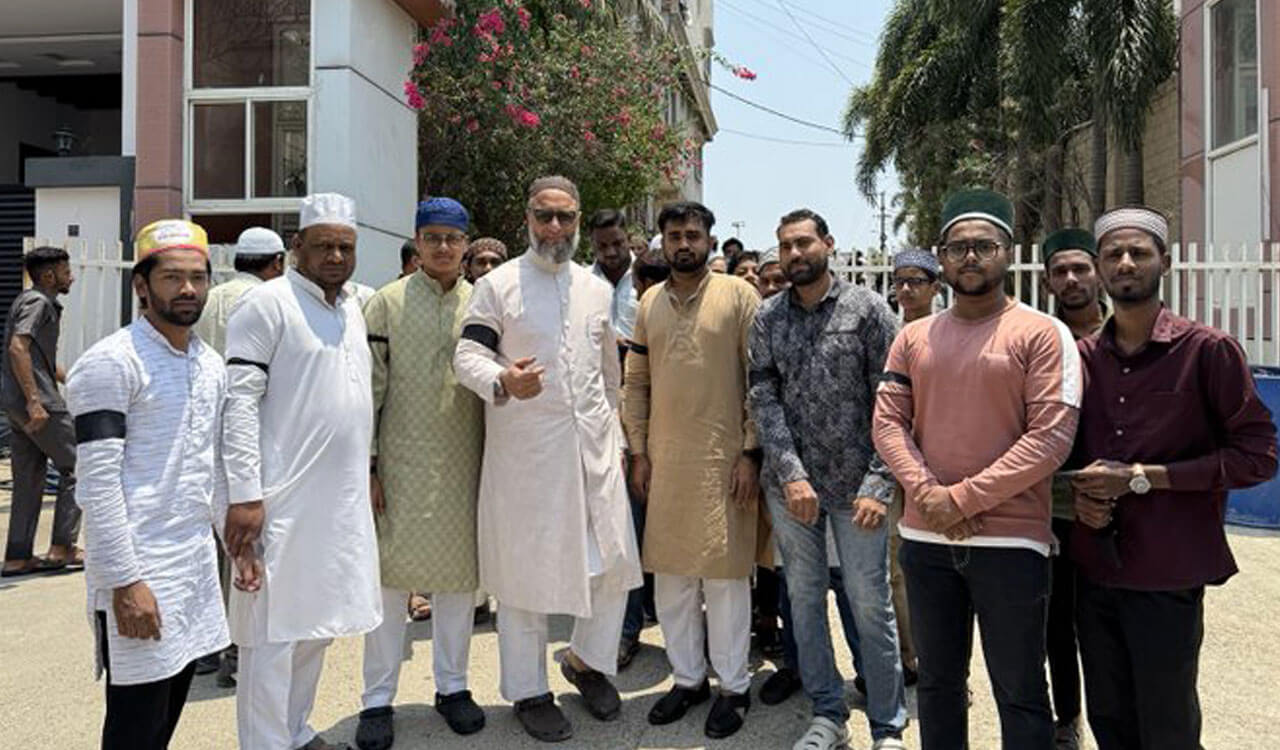
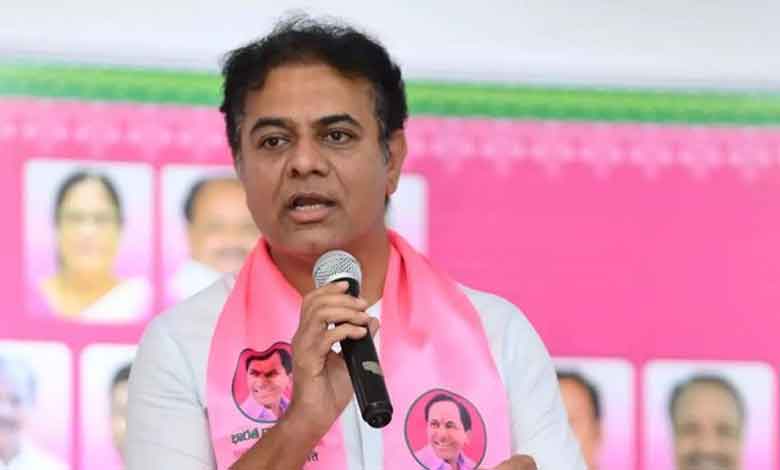
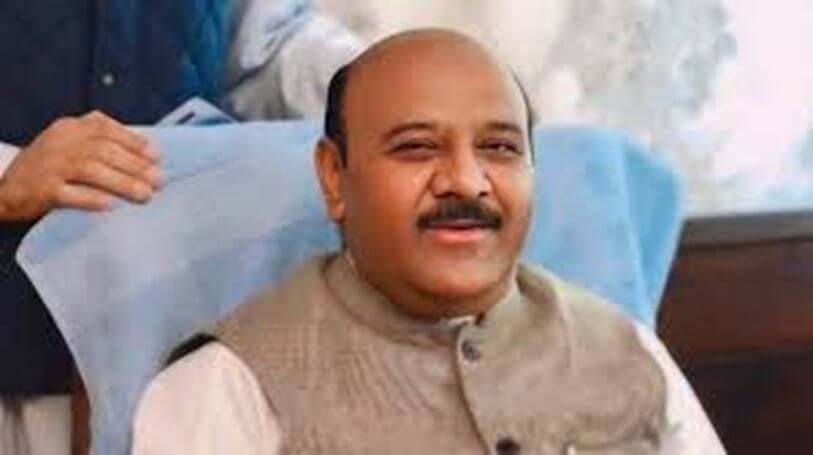
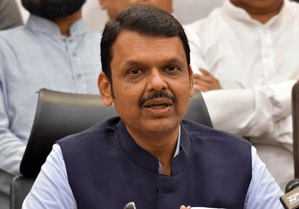

.jpg)
.jpg)
.jpg)

















